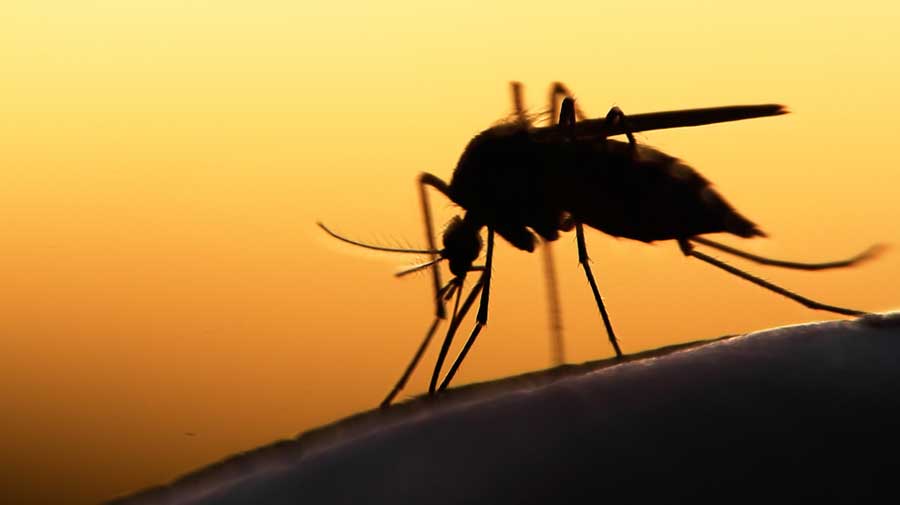The Karnataka Health Department has instructed officials to intensify vector control measures in the state, in view of reporting of Zika Virus Disease (ZVD) in the neighboring Kerala.
The districts of Dakshina Kannada, Udupi, Chamarajanagara, bordering Kerala, have been asked to be more vigilant.
"In view of reporting of Zika Virus Disease (ZVD) in the neighboring State of Kerala, it is crucial to intensify the vector control measures in Karnataka also. The current monsoon season supports the widespread proliferation of Aedes mosquito, which is a vector for Zika Virus Disease," a circular by the Commissionerate of Health & Family Welfare Services said.
Considering the prevalence of "Aedes aegypti" in Karnataka, which is a vector of Dengue, Chikungunya as well as Zika, it said, the routine surveillance activity in rural areas by ASHA and Health Assistants, the fortnightly surveillance activity in Urban wards should be implemented on war-footing mode with strict monitoring and supervision.
Effective disposal of solid waste should be given due importance to prevent Aedes breeding in peri-domestic situations, it added.
The circular signed by Health Commissioner Dr K V Trilok Chandra further instructs all the District Vector Borne Disease Control Officers (DVBDCOs) to ensure certain activities as preparedness towards prevention and control of Vector Borne Diseases like ZVD, that include intensifying integrated vector management.
Noting that the ZVD presents with symptoms like fever, rashes, conjunctivitis, joint pain, etc, the circular said, travel history or visit of the guests may also be considered for suspecting the ZVD and the samples collected from suspected cases should be sent to National Institute of Virology (NIV), Bengaluru for testing.
During UltraSound Scanning for pregnant women, due focus should be given for presence of Microcephaly, it said, adding if detected, the serum sample of the pregnant women, also in case of newborns and their mothers, must be collected and sent to NIV for testing.
Ensuring availability of logistics such as adulticide and larvicide at all levels, up to villages, are among the intervention measures that are to be implemented effectively, in the interest of public health.











